.png)


Teaching young children to share isn't just about fairness—it's about helping them understand empathy, boundaries, and the value of genuine generosity from the start.
Read more



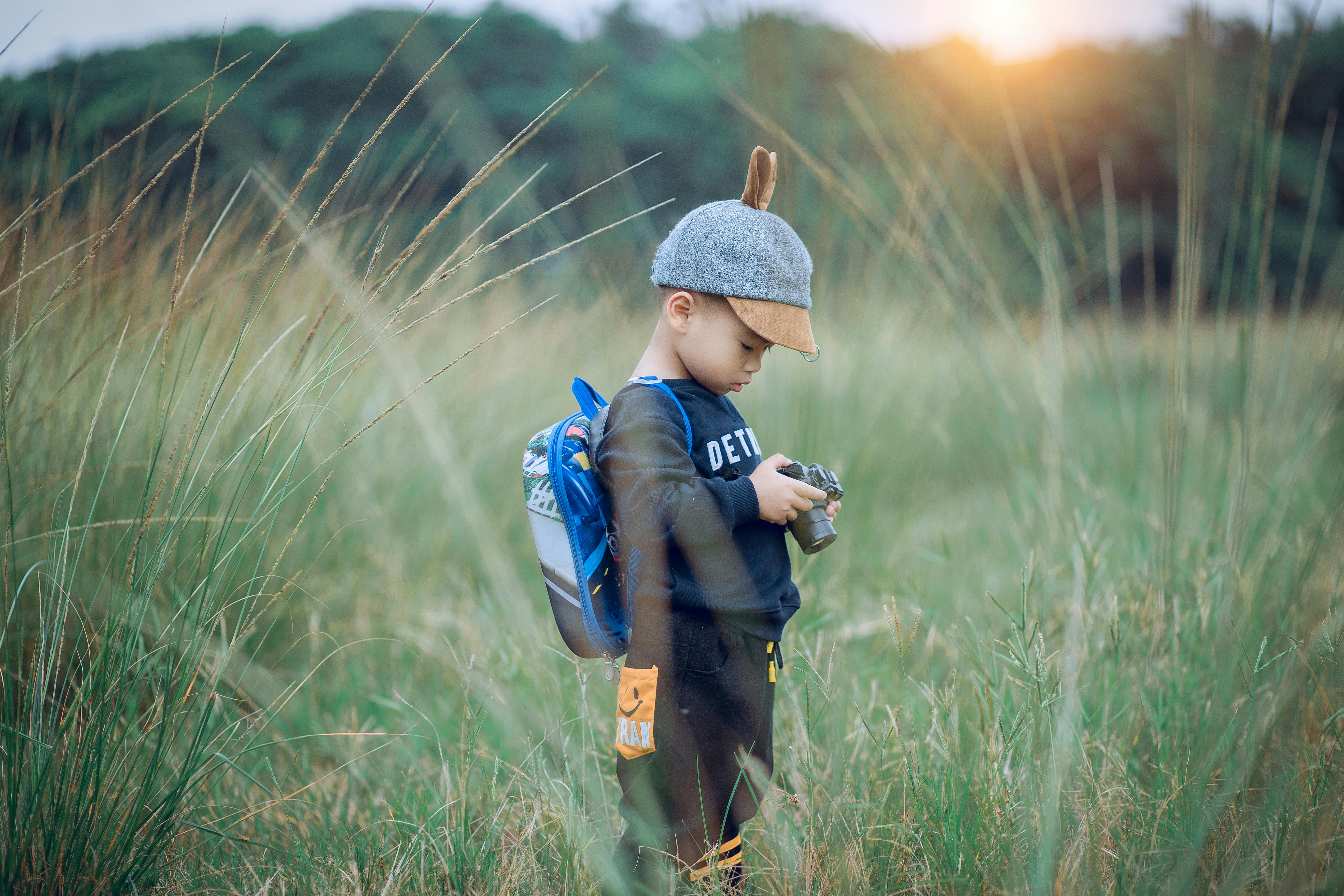
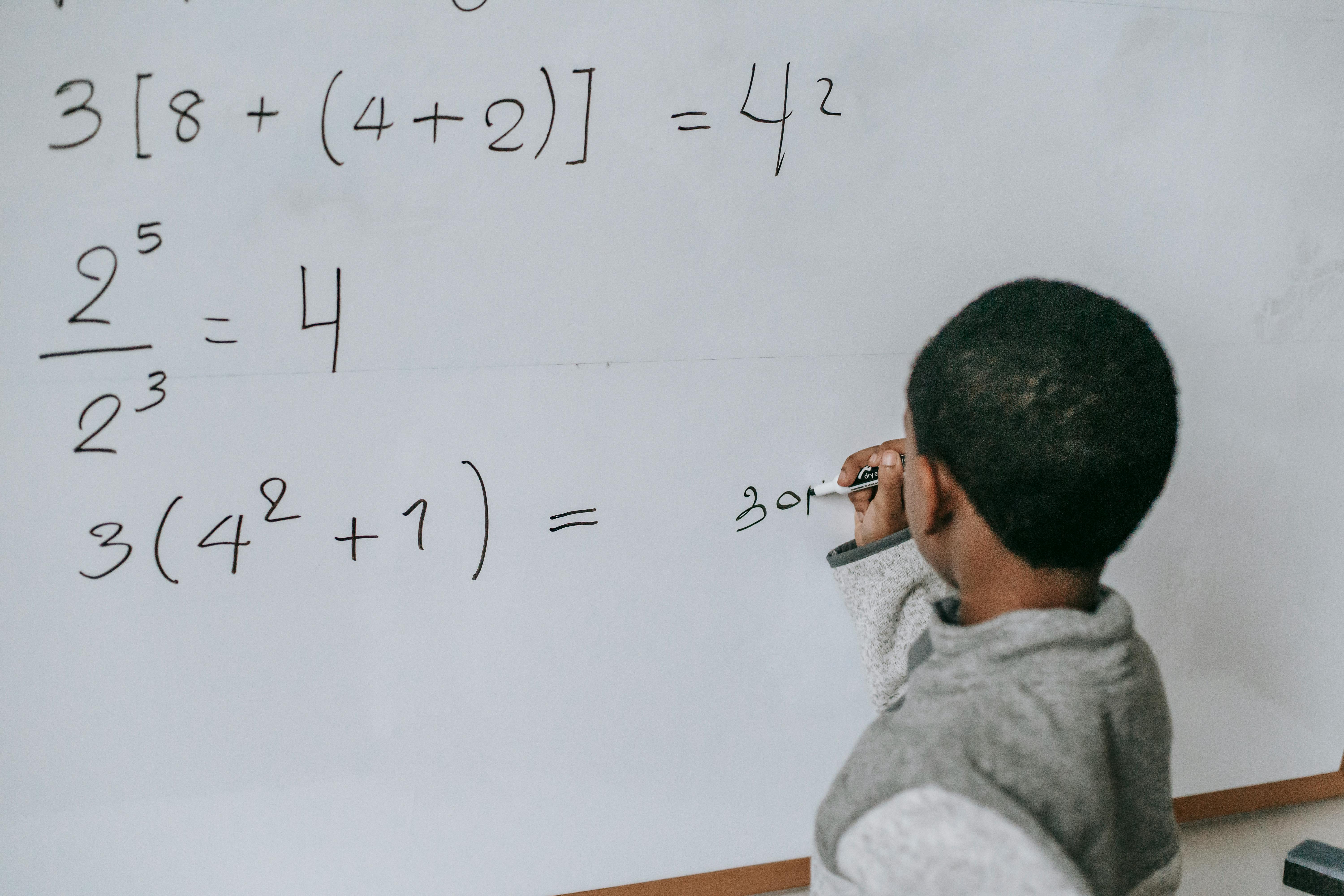
Seven-year-old Marcus breezes through math problems that stump his fifth-grade sister. His parents beam with pride. Teachers toss around words like “gifted” and “brilliant.” Marcus eats it up—the attention, the admiration, the praise.
But one day, a math problem stops him cold. No answer springs to mind. Panic creeps in.
“I can’t do this,” he whispers, tears forming. “I’m not as smart as everyone thinks.”
This moment—a seemingly small hiccup—reveals a bigger truth seen in classrooms and homes across the world:
Children labeled as “gifted” are often the most fragile learners. They fear challenges. They give up when success isn’t instant. And despite early promise, they can struggle the most in the long run.

Dr. Carol Dweck of Stanford University once ran a simple yet powerful experiment. She gave children puzzles and offered two kinds of praise:
The results?
🧠 90% of the “smart” kids chose easier puzzles to stay successful.
💪 90% of the “effort” kids chose harder puzzles to keep learning.
That one word—smart—boxed them in. They didn’t want to risk failure. They began to protect the label rather than push their limits.

Children praised for being “naturally gifted” often fall into a fixed mindset—the belief that intelligence is something you're either born with or you're not.
Take Sarah, an eight-year-old praised since preschool as a “natural artist.”
When she receives her first art critique, she doesn’t hear feedback—she hears proof that maybe she’s not so gifted after all.
Suddenly, art becomes scary. Criticism feels like exposure. She withdraws. She avoids. She plays it safe.
🎭 The same thing happens to kids labeled “natural leaders,” “math whizzes,” or “gifted athletes.”
They stop trying new things—not because they don’t care, but because they’re terrified of being found out.

Neuroscience backs this up. 🧬 Dr. Jason Moser found that people with a growth mindset—those who believe abilities can improve—show increased brain activity when they make mistakes.
Their brains literally light up to learn from failure.
But kids with a fixed mindset? Their brains go quiet. They disengage. Learning shuts down. ❌
🧒 For young brains, this is especially damaging. A belief in fixed ability stops the growth of the very neural pathways needed to become great at something.

Dr. Brené Brown calls perfectionism the “20-ton shield” kids use to avoid vulnerability. And kids labeled as gifted often wear that shield early.
🎯 Perfectionism doesn’t lead to excellence—it leads to paralysis.
Take David, age 10, who’s praised as a “gifted reader.” He spends 3 hours perfecting a book report that should take 30 minutes. He’s not being thorough—he’s being terrified of getting it wrong.
📉 Research shows that perfectionist kids are more likely to:
All to avoid being “less than perfect.”

The “gifted” label also breeds comparison anxiety.
Dr. Leon Festinger showed we naturally compare ourselves to others. But for gifted children, comparison becomes identity-threatening.
🎓 Emma was called “gifted” in kindergarten. By third grade, she expects to dominate academically. But when peers outperform her in new subjects, her self-worth collapses.
Instead of seeing others’ strengths as inspiration, she sees them as competition—and retreats.
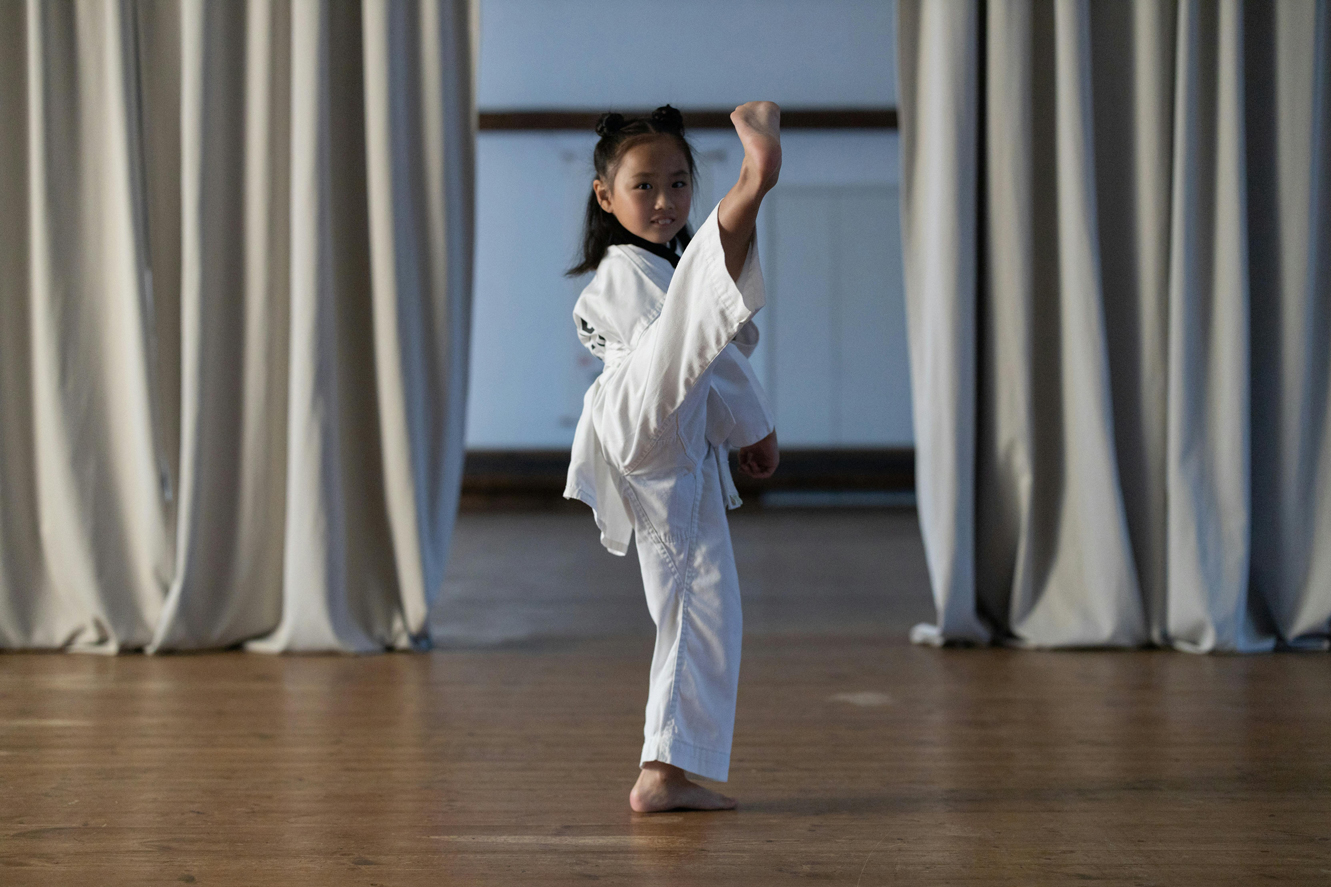
Gifted kids are often terrified of effort.
🧨 Why? Because they believe if they were truly smart, it would come easily.
So when something finally doesn’t, they panic. They assume they’ve hit their ceiling. And instead of pushing through… they check out.
🔁 It becomes a cycle: Avoid hard things → Don’t grow → Fear struggle even more → Avoid more.
This is called effort aversion—and it can rob kids of grit, resilience, and long-term achievement.

Fast forward to adulthood. Many once-labeled “gifted” children now feel like frauds.
They’ve spent a lifetime performing rather than learning.
Dr. Pauline Clance found that early praise for innate ability often leads to impostor syndrome—the belief that success is undeserved.
🧍♀️ They think:
“If I really were smart, I wouldn’t have to try so hard.”
They’ve never been taught to trust the process—only the performance.
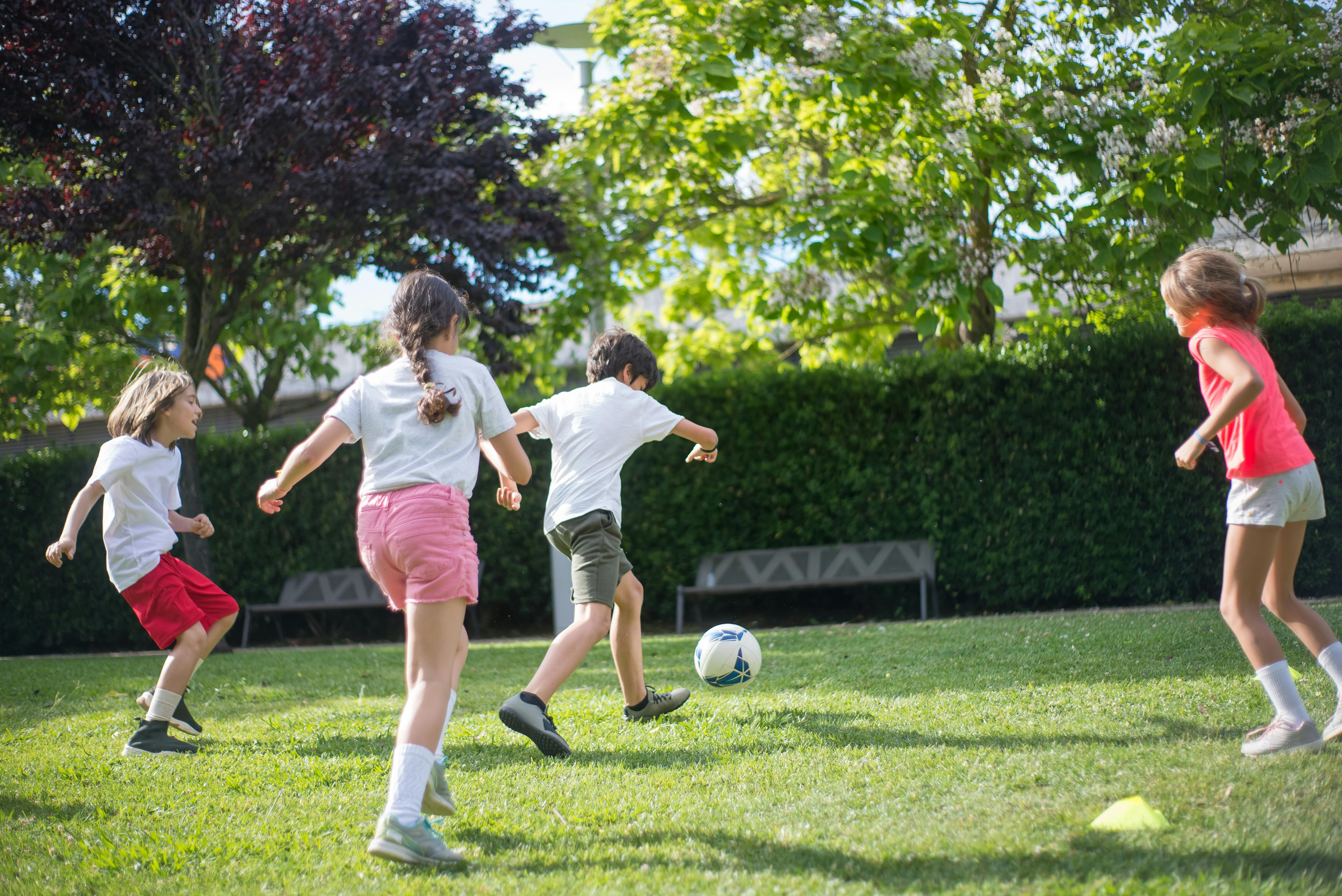
We romanticize “natural talent,” but the truth is far more grounded—and more hopeful.
📚 Dr. K. Anders Ericsson found that greatness in any field comes from deliberate practice—around 10,000 hours of it.
Early exposure, quality instruction, supportive environments—all of that contributes to a child’s early success.
But none of it guarantees long-term achievement. 🎼⚽🧪
💡 Early promise is not destiny—it’s just a head start.
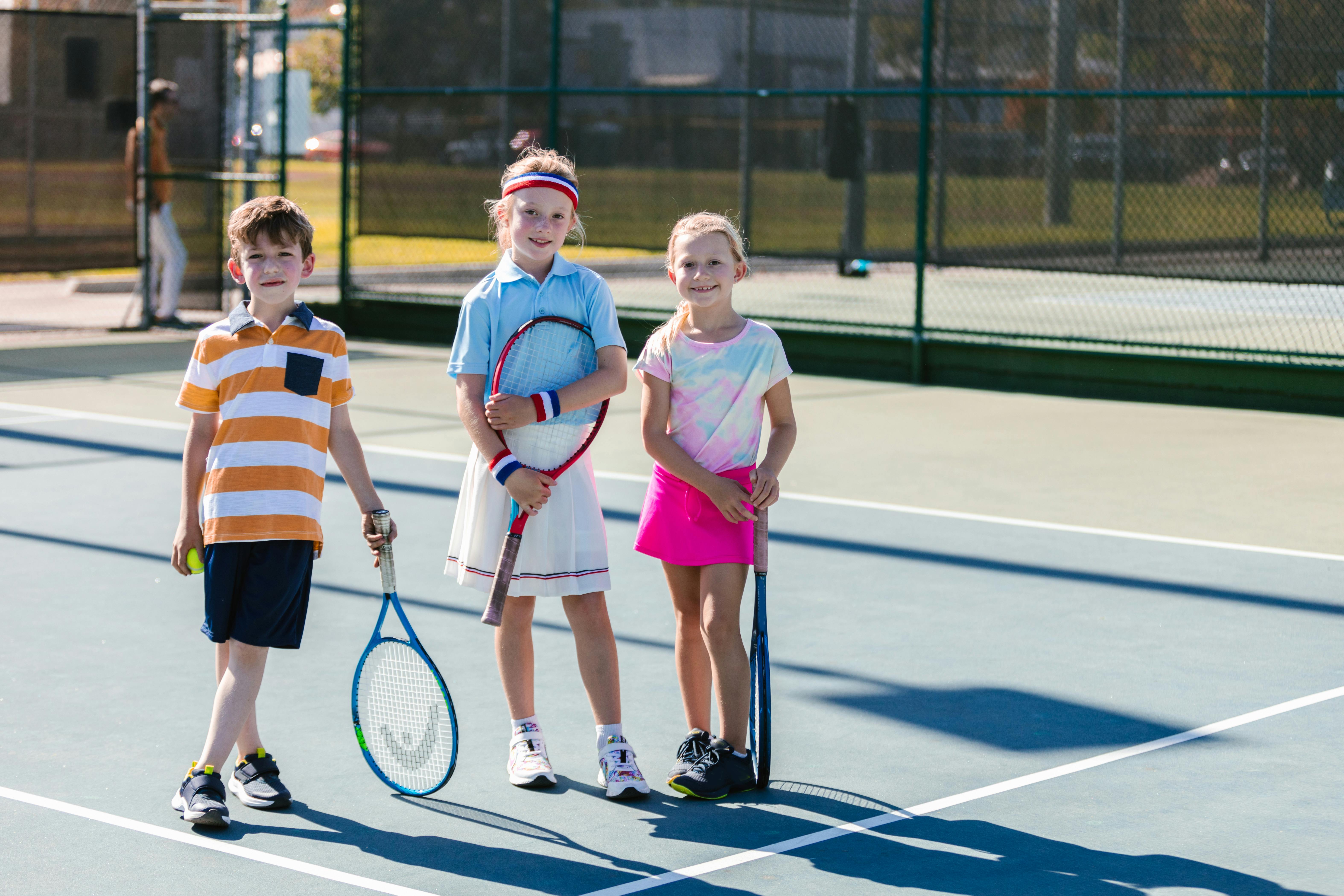
So what should we say to our kids?
Swap praise for traits with praise for effort, strategy, and progress.
🗣️ Instead of: “You’re so smart!”
Try: “You figured out a great way to solve that problem!”
🏃♀️ Instead of: “You’re a natural athlete!”
Try: “You’ve been practicing a lot—and it shows!”
🎶 Instead of: “You’re gifted at music!”
Try: “Your dedication is making your playing really beautiful!”

Here’s what to praise:
✅ Strategy: “You tried different methods—smart thinking!”
✅ Effort: “You stuck with it even when it was hard.”
✅ Progress: “Look how much better you are than last month!”
✅ Learning: “That mistake helped you figure something out!”
These shifts build resilient, confident, self-driven learners.
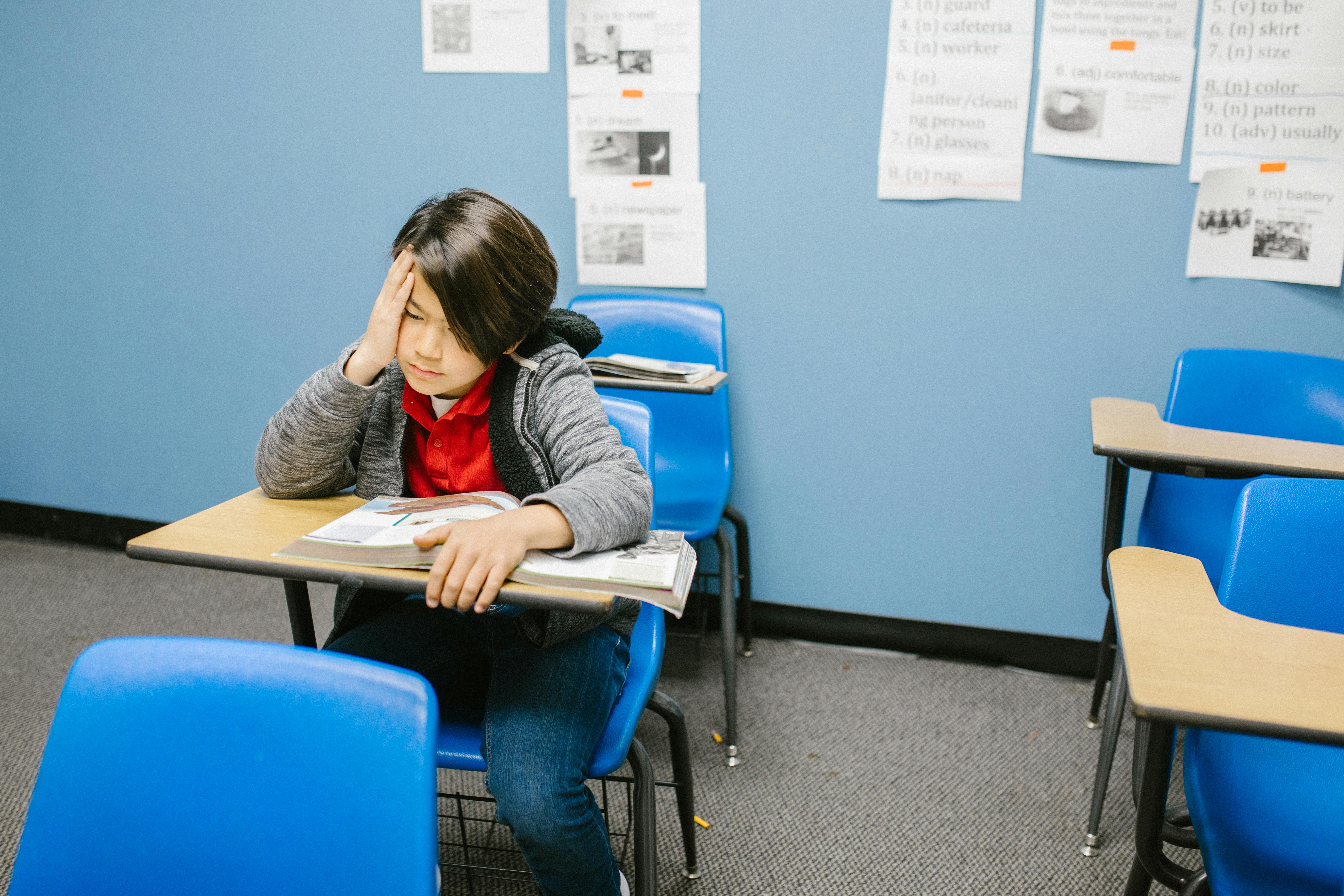
When kids learn that struggle = growth, everything changes.
🧒 9-year-old Alex hits a tough math problem. Instead of saying, “I’m not good at this,” he says:
💭 “My brain is about to grow!”
That mindset turns mistakes into stepping stones—not roadblocks.

Kids praised for effort instead of ability:
They aren’t performers—they’re learners. And they keep growing.

This doesn’t mean you should never celebrate your child’s strengths.
But shift from praising what they are to celebrating who they’re becoming.
🔁 Instead of raising “the smart one,” raise the curious one.
🔁 Instead of raising “the talented one,” raise the determined one.

Struggle isn’t the opposite of success—it’s the pathway to it.
🧠 The brain builds new connections when it’s challenged. That’s when real growth happens.
When kids know this, they stop fearing effort. They embrace it.
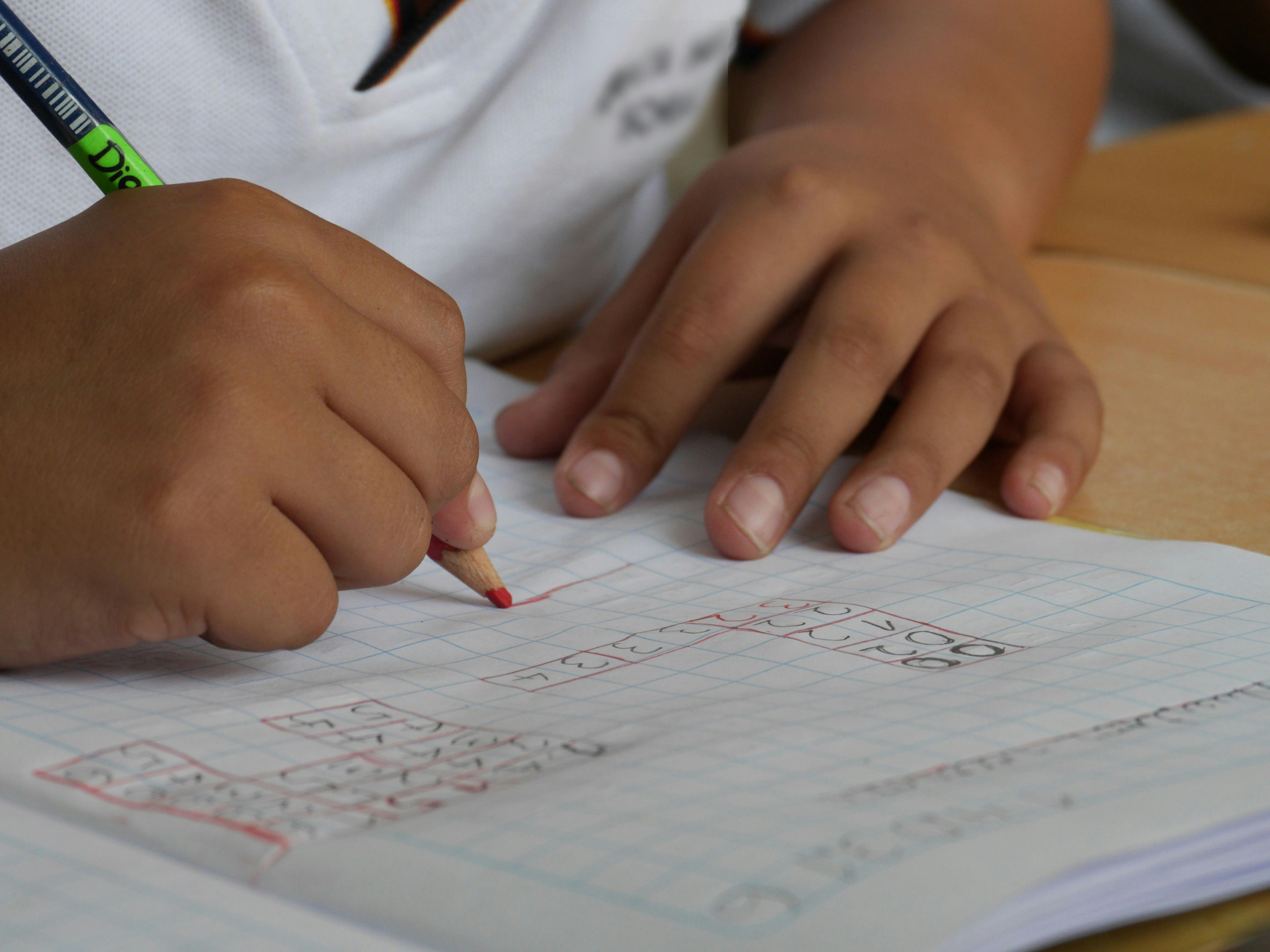
The greatest gift isn’t being called “talented.”
It’s knowing your abilities can grow.
When we praise effort, learning, and persistence, we help children unlock their true potential.
Let them fail. Let them struggle. Let them rise.
🎉 That’s the real magic.
💬 Next time you’re tempted to say “You’re so naturally good at that,” pause.
Ask: “How can I acknowledge effort and keep the door open for growth?”
That shift in language? It could change a life.
The most successful people aren’t the ones who never struggled.
They’re the ones who learned to see struggle as the cost of growth.
Give your children that gift.

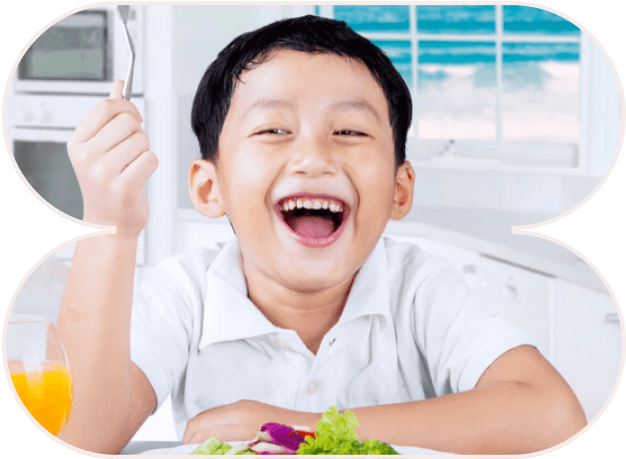
.png)



.png)
